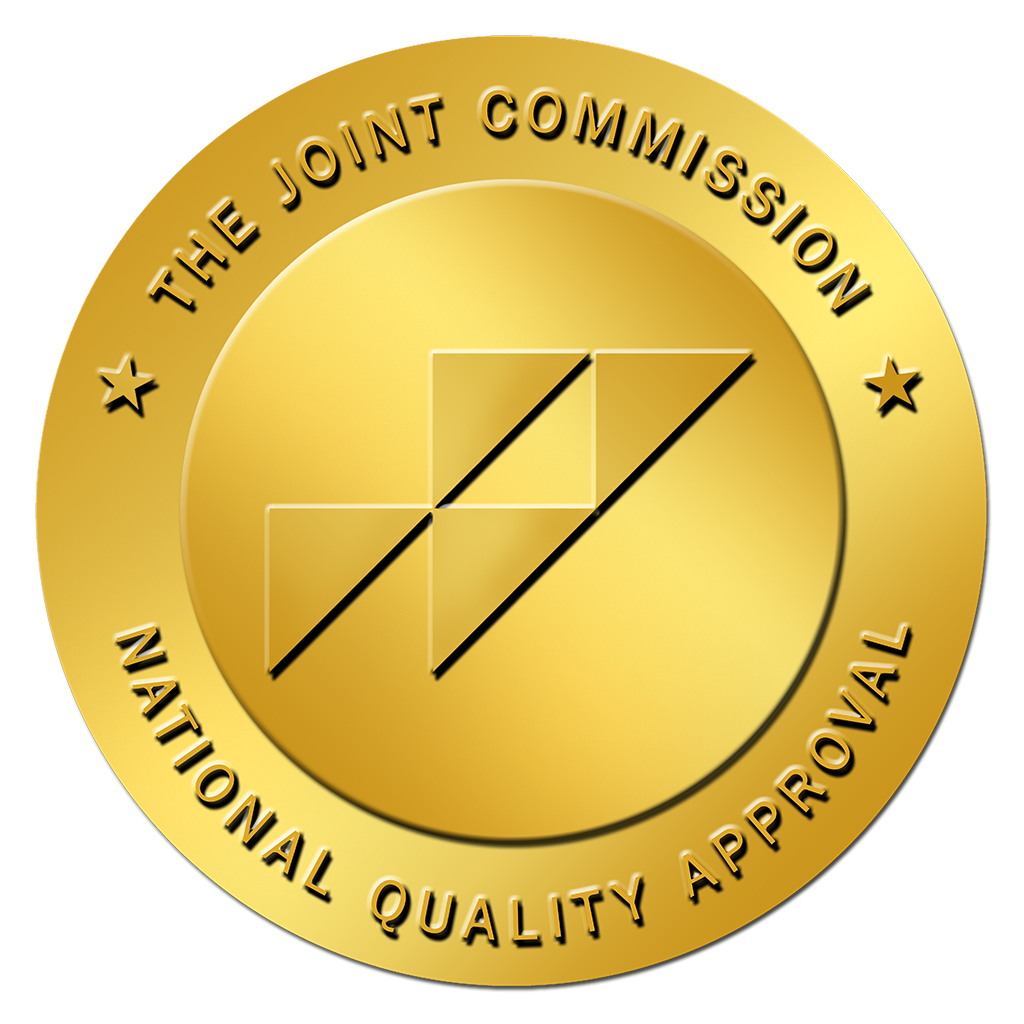Because of the intensely personal qualities of addiction, no two people will follow the same path during the recovery process. Some will rely on a 12-step program, some will use sheer grit and determination and some will go to a drug rehabilitation facility to get sober. Drug rehabilitation, or “rehab,” is a general term for intensive, supervised programs designed to help people with drug and/or alcohol addiction.
What is Inpatient Rehab?
Inpatient recovery, or residential treatment, is a type of program that is designed to deliver intense and specialized treatment for short periods of time. Individuals are required to live 24 hours a day within a residential facility and can only leave that facility in special situations or circumstances. This type of rehab is recommended in certain situations, such as when an individual is currently struggling with significant withdrawal symptoms, when he or she is living in an environment not conducive to recovery (such as dealing with an abusive relationship or when another person in the home is actively using) or when an individual has a severe mental health disorder.
What is Outpatient Rehab?
Outpatient drug therapy is another form of treatment where a person attends treatment sessions at a facility or center, but then returns back to their home afterward. It typically requires the addicted person to spend about 10 to 12 hours a week in recovery, which allows him or her to continue working, remain close to family and friends, and otherwise, maintain a normal daily routine. In comparison to inpatient rehab, outpatient treatment offers far more freedom and flexibility.
Outpatient therapy is often the preferred choice for those who need to maintain their daily work activities and family obligations. As with inpatient treatment, most outpatient facilities offer individual and group sessions, relapse prevention classes, various support groups and family counseling.
Overall, outpatient treatment can be a good stand-alone option for someone with a mild addiction, or it can be part of a long-term treatment program. Nevertheless, this type of program can address an individual’s many needs and result in a much lesser expense than residential treatment.
Can You Force Someone to Go to Rehab?
While many addicts are in complete denial that they even have a substance abuse problem at all, others are shrouded with deep feelings of guilt or shame about their addiction. These feelings can lead to isolation and humiliation and can also prevent those from ever admitting to others that they have a problem.
If a person doesn’t think they have a problem or doesn’t have the desire to get clean, there is no rehab center or addiction program that’s going to work. For an individual to get help, the desire must come from within – not from someone else. However, there are options for friends or family members who want to help their addicted loved ones but don’t know how. Through compassionate intervention and professional support, an individual can sometimes be motivated and empowered to seek a better path in life.
How Much Does Rehab Cost?
The cost of treatment is an important consideration for a person struggling with addiction and, unfortunately, that cost can act as a deterrent for some. However, the cost of treatment pales in comparison to the many costs associated with addiction.
The price of treatment generally depends on the following factors:
Insurance Plans
Insurance plans can significantly reduce the price of rehab, and thankfully, insurance companies have begun to recognize that addiction is a treatable condition, much like other medical conditions like diabetes or high blood pressure. As such, public and private health insurance plans frequently cover a portion of the expense of outpatient or inpatient treatment for nearly every type of addiction. If you have insurance, call your provider to discuss co-pays, out-of-pocket expenses and deductibles that need to be met. For those without insurance, many rehab facilities offer financing options.
Type of Facility
Inpatient residential facilities tend to cost more than outpatient programs since they provide meals and lodging, along with wellness activities. The cost of these programs also depends on the length of the program and location.
Location of the Facility
Individuals can choose a facility near their homes, or they could opt for a more luxury-type center in the mountains or by the beach.
Amenities/Treatments Offered
Those requiring more medical care tend to pay more for rehab treatment. Certain therapies, such as professional counseling, can also affect how much you could pay. In addition, certain rehabs offer a variety of amenities – all of which are added to the total cost of your stay. These could include swimming pools, tennis courts, massages and acupuncture.
Ultimately, treatment can be expensive, but it’s important to remember that there are multiple avenues of financial assistance available to help with your addiction. At Arise, we take into account your budget and provide you with effective treatment that matches your needs and produces long-lasting results. For more information, please visit www.ariserecoverycenters.com.



